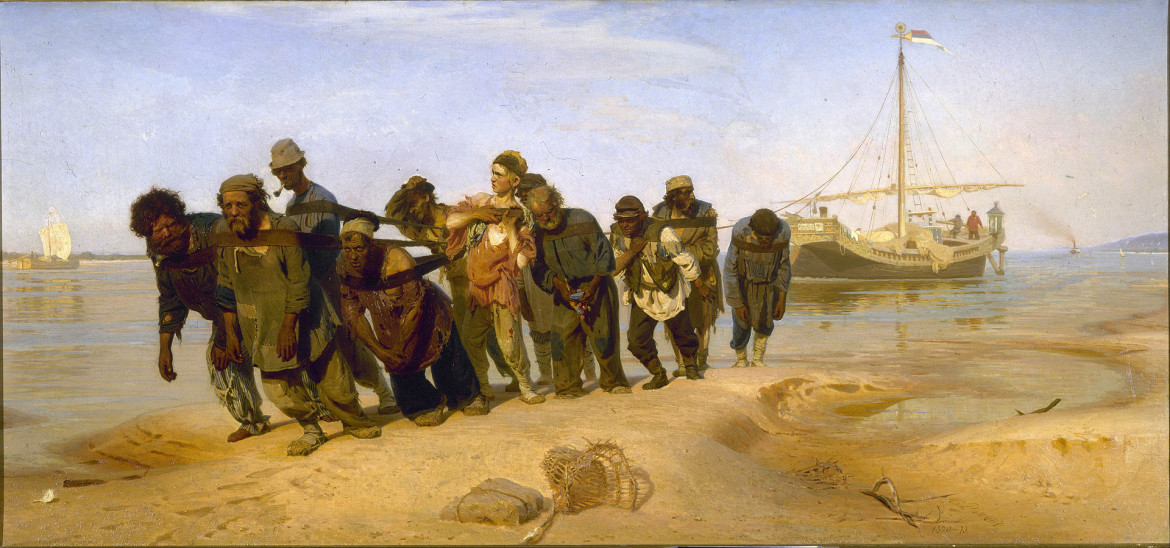Review
Colonialism and the Caribbean: The roots of environmental justice
Decolonial Ecology proposes the notion of “Negrocene” for this long process of colonial redefinition of socio-ecological relations towards the planet, founded on the confining of a part of human and non-human beings in the cargo hold of the world.

When did the social movement struggling to rid the planet of environmental injustice start out? In his book Decolonial Ecology: Thinking from the Caribbean World (Italian ed. published by Tamu editions, 430 pages, €21), Malcolm Ferdinand points out that it originated in the 16th century with marronage on the American continent, defined as the practice of slaves who fled from rural plantations or urban workshops to attempt to survive, and live, in the forests of nearby mountains or in the most inland areas, in an “off-world” compared to the colonial world.
Thus, it stems from a radical assertion of freedom and a rejection of the subjugation of others. That movement of escape from subjugation continues to be active in the contemporary world, although formally free from colonial slavery, as the forms of life developed by the struggling slaves challenged all the violence through which they had been ruled and rendered subordinate, including the violence exercised towards the environment and other forms of life. The escape of the “cimarrones” often succeeded in establishing long-term forms of life partly because of the kind of non-predatory ties they built with the land and nature, as opposed to the colonial logic of conquest of every life form, proclaimed and used as a resource for the benefit of the wealthy classes.
Malcolm Ferdinand, an environmental engineer at University College London and a researcher at the Centre National de la Recherche Scientifique at IRISSO at the Paris-Dauphine University, places struggles and liberation processes at the center of his analysis of socioecological relations, looking in particular at what happened with the Conquest, the Atlantic trade, the plantation system and the beginning of commercial globalization in the Caribbean area.
It is no coincidence that in his text (translated to Italian by Paolo Stella Casu) he proposes the notion of “Negrocene” for this long process of colonial redefinition of socio-ecological relations towards the planet, founded on the confining of a part of human and non-human beings in the cargo hold of the world, reduced to “Negroes,” that is, human groups considered inferior and racialized. These populations have been relegated to the colonial way of life, which, ever since 1492, has been “erasing the other,” the one who is different and who lives in another way, thus creating a worldless earth, reduced to a warehouse of useful materials for the production of commodities, which tend to be homogenous and among which difference can be tolerated only if it can be transformed into something that can be sold; otherwise, if it asserts itself as a different kind of project, not compatible with capitalist logic and the logic of domination, it must be repressed and enslaved.
Ferdinand’s analysis is compelling. It builds up the concepts succinctly in eighteen chapters, in addition to a full-bodied prologue and preface by Angela Davis. In the latter, the African American activist stresses the fact that the need for a decolonial ecology is just as pressing today as it has been throughout capitalist modernity. As an example, Davis highlights “the devastating impact of the pesticide chlordecone on the populations of Martinique and Guadeloupe” and the fact that she had never heard of it, even though this is a chemical compound commonly used to grow bananas. In this intertwining of food production, disease and colonial territories, Davis points out a systematic connection that a substantial part of the book revolves around, namely the “calamitous intersection of racial capitalism and systematic assaults on the environment, including its human expressions.”
Ferdinand's proposal is to disrupt this aggression by placing bodies at the center, not only of analysis but of political initiative. Bodies as castaways in the slave ship of imperial ecology and who, by contrast, affirm themselves and attempt to “emancipate themselves, in search of dignity, in search of justice.”
Originally published at https://ilmanifesto.it/il-colonialismo-e-i-caraibi-per-conoscere-la-tragedia-del-negrocene on 2024-11-06
